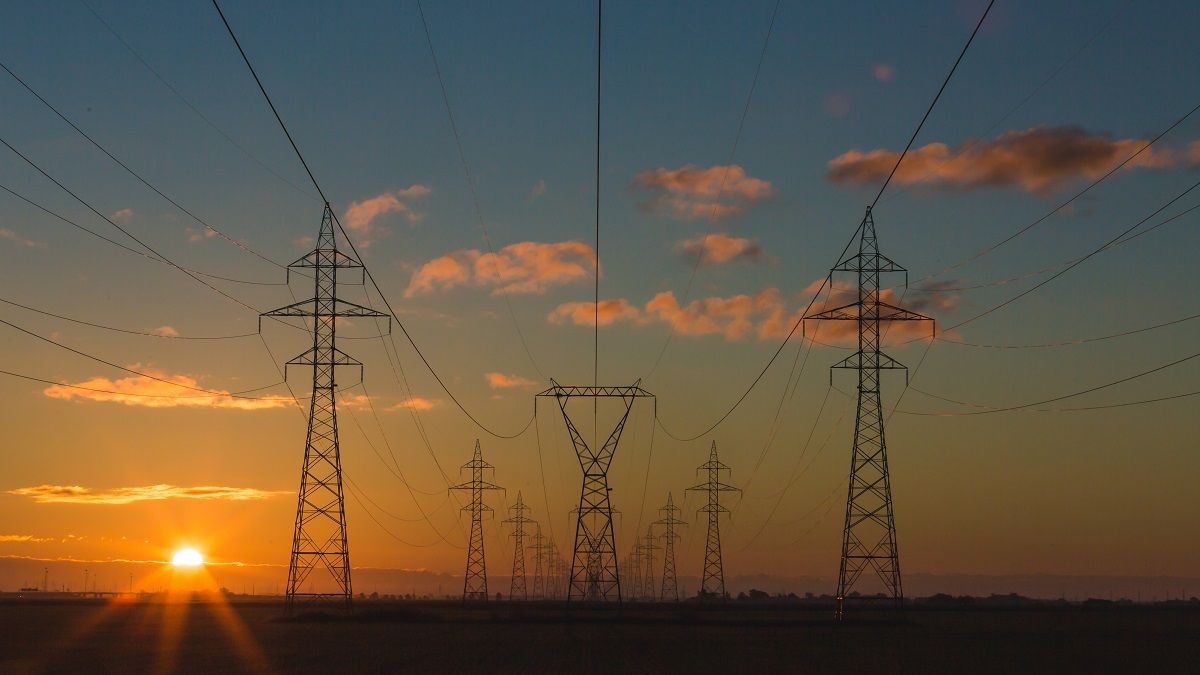“Are we returning to the 1970s as several commentators have recently claimed?” asked Fareed Zakaria in an editorial a few weeks go on CNN. “There are surprising similarities. The humiliating withdrawal from Afghanistan echoes the US defeat in Vietnam. Prices are rising along with demands for higher wages, even as economic growth is stalling. A new economic superpower is challenging American supremacy. Back then it was Japan, now it’s China.”
But, said Zakaria, many of these analogies are superficial.
Many. But not all.
He went on: “But there’s one where the parallels are striking and that one should worry the Biden administration greatly. We are headed for a global energy crisis. Gasoline prices in America are up more than 50% in the last year. Natural gas prices in Europe have risen a staggering amount, nearly 500%. In Asia, Bloomberg reports that power companies are buying liquefied natural gas at record prices to try to lock in supply.”
Zakaria said there were many reasons for this, but the one he singles out for the core of his argument is that while governments have been great at convincing the world that it should move from finite, polluting fuels to renewable, cleaner forms of energy, those same administrations have been less adept at putting in place a plan for how to move from one form to another.
“What we need,” he said, “is a transition strategy.”
Zakaria is not wrong. The current problems with energy supply are what happens when trying to do—or showing the world that you’re doing—the right thing butts up against the realpolitik of the world.
Green gold rush
There has been a lot of noise in recent years about investing with an ESG or green focus. And a lot of it is just noise.
But recent weeks have seen Europe earmarking €177bn for clean energy technology, a commitment from pension funds towards the climate, and £400m going towards mini nuclear reactors in the UK. ESG investing is, apparently, the ‘new normal’ in Europe, although it is never entirely clear what that means.
Much of this has the appearance of a gold rush, of investors and firms throwing money at anything with the word ‘green’ in it. But while everyone is looking to hop from one island to the other, there seems to be little consensus on how to build a bridge between the two—namely how to divest in an orderly and constructive manner.
Weeks ago, before COP 26, Expert Investor quoted a Euractive piece about Vladimir Putin talking about how the current rush to show the world you are investing in green products has led to the energy crisis.
According to Euractiv, Putin said: “You see what is happening in Europe. There is hysteria and some confusion in the markets. Why? Because no one is taking it seriously.” He reportedly went on: “Some people are speculating on climate change issues, some people are underestimating some things, some are starting to cut back on investments in the extractive industries. There needs to be a smooth transition.”
Putin does not have the moral high ground here. Rumours abound that the Russian state is currently inflating gas prices to put political pressure on Western Europe. And even though Putin has pledged to help, recent reporting from CNBC indicates that state energy company Gazprom seemingly had no intention on increasing supply this month.
Basic economics
The problem is that the demand for energy is currently outstripping the supply in Europe. And things will get worse if the brutal winter predicted actually arrives. A friend of mine here in Berlin last week received a communication from the gas company that stated that the cost of fuel would rise from €0.05 to €0.13 per kWh on 1 January.
There is a political cost to rising prices, which is anger at governments. It is one thing to say that you are working to reduce emissions and invest in new energy, but the old ways are hard to give up.
And let us not forgot that abandoning fossil fuels has merely made them quite a nice little investment.
As Hiroko Tabuchi of the New York Times reported last month, private equity has stepped into the space that others have vacated.
Tabuchi wrote: “Since 2010, the private equity industry has invested at least $1.1trn into the energy sector — double the combined market value of three of the world’s largest energy companies, Exxon, Chevron and Royal Dutch Shell — according to new research. The overwhelming majority of those investments was in fossil fuels, according to data from Pitchbook, a company that tracks investment, and a new analysis by the Private Equity Stakeholder Project, a nonprofit that pushes for more disclosure about private equity deals.”
In comparison, what was the share of private equity that went into renewables? It was 12%.
Much like nature abhors a vacuum, money people do not leave money on the table. It is likely that we will see investment flow in and out of fossil fuels for a while because of the tension between letting the world know you are not a soulless monster and meeting the fiduciary responsibility.
So there a political cost, a financial cost, and even at the end of all that, the needle may not shift too much.
The world desperately needs to know what to do.
Some guidance would be appreciated.







